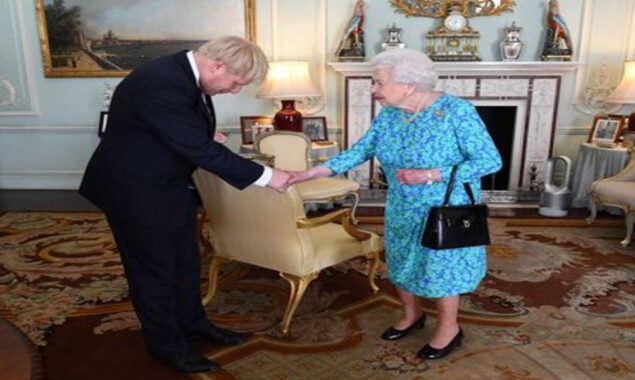
As the British parliament reconvenes on Tuesday against the backdrop of inconclusive local election results and the ongoing “Partygate” scandal involving both Boris Johnson and opposition leader Keir Starmer, there’s one major problem facing the country that may not get the attention it deserves: making Brexit work.
Making Brexit work in Northern Ireland, which has been perhaps the most affected by the UK’s withdrawal from the European Union. Northern Ireland was always going to quit the European Union together with the rest of the UK. It does, however, have a physical border with the EU on the island of Ireland, unlike the rest of the nation.
The EU has some of the strongest food rules in the world, and Brussels was afraid that with the UK’s new ability to set its own standards, substandard items may reach the union’s single market across the Irish land border.
For two main reasons, efforts were undertaken to avoid the necessity for a customs border that would obstruct the movement of products, notably food, between the two nations.
To begin with, commerce between the Republic of Ireland and Northern Ireland is critical to both nations’ economies. Second, any physical border infrastructure between the two countries, even if only for customs inspections, might lead to a resumption of sectarian conflict on the island of Ireland, which no one wants.
That’s OK for commerce on the island of Ireland, but what about goods entering Northern Ireland that may subsequently be exported to the rest of the EU? Johnson agreed that goods traveling from the UK will be examined before entering Northern Ireland, thus creating a maritime border between Northern Ireland and the rest of the UK, in order to keep the Irish border open.
Northern Ireland’s unionists, particularly those in the Democratic Unionist Party (DUP), who had backed Johnson throughout the process, felt they’d been thrown under the bus, and that the Prime Minister was effectively handing Irish Republicans the pretext they needed to push for a border poll, effectively unifying Ireland.
Meanwhile, the EU claims that the UK is attempting to renegotiate a treaty that is negotiated.
The fact is that Northern Ireland is a difficult area with a complicated history, and maintaining relative peace requires unending patience. “Continual flexibility is essential on both sides, as it was with the Belfast Agreement,” Hayward says of the Good Friday Agreement. “However, the UK has attempted to retain the EU as its continuous bogeyman ever since the Brexit vote.”
Unfortunately for residents of Northern Ireland, this persistent state of tension has ramifications for that outside of London and Brussels’ political classes.
Read More News On
Catch all the International News, Breaking News Event and Latest News Updates on The BOL News
Download The BOL News App to get the Daily News Update & Follow us on Google News.




